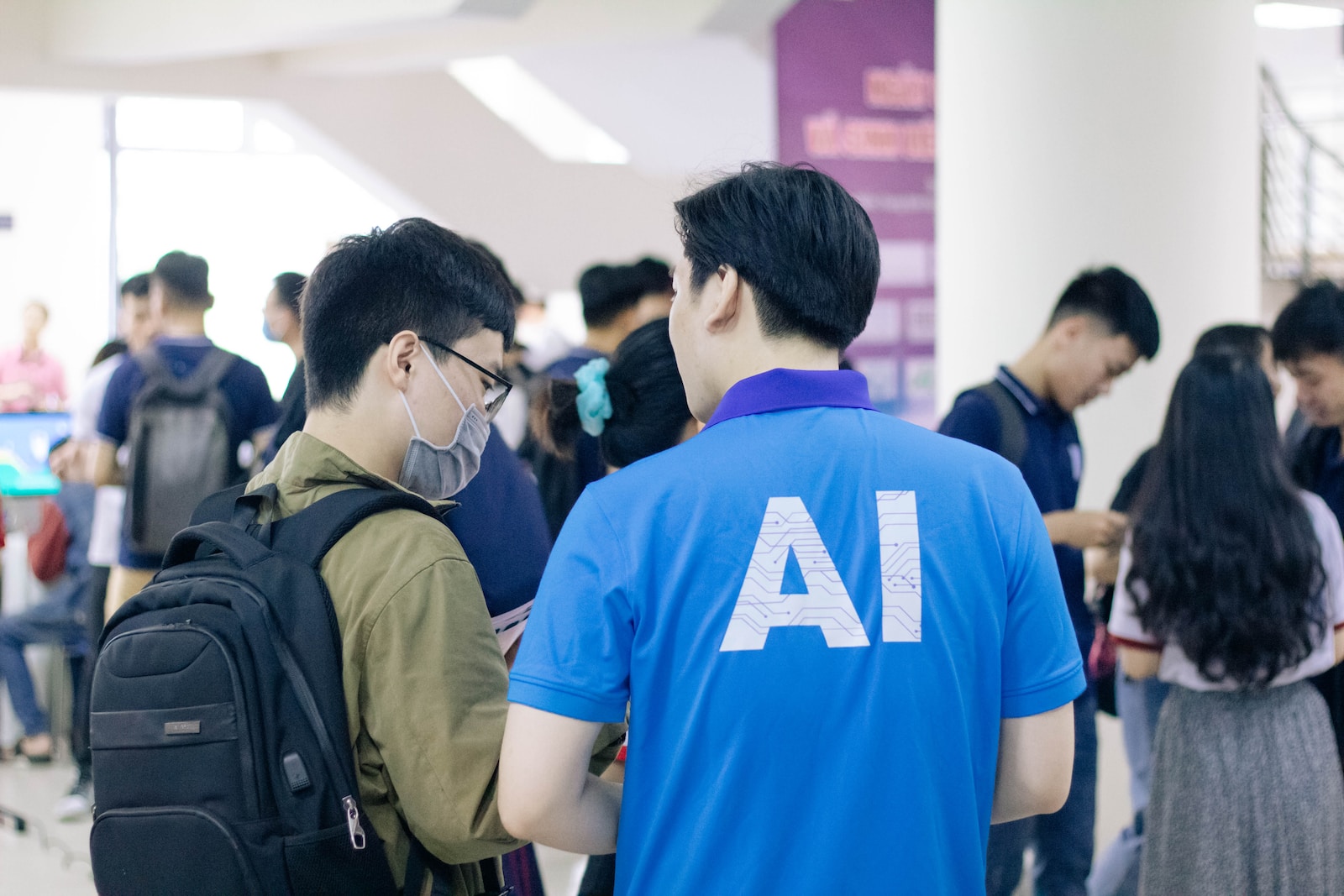
Photo by Nguyen Dang Hoang Nhu on Unsplash
The Incredible Growth of AI and Its Impact on Jobs
January 16, 2024
Artificial intelligence (AI) is growing in leaps and bounds. However, this remarkable development is not without some serious repercussions. A recent analysis by the reputable International Monetary Fund (IMF) indicates that nearly 40% of all jobs could be impacted by AI. This evolving technology could exacerbate existing social and economic inequalities, which is certainly a cause for concern.
The adoption of AI in advanced economies is expected to be more widespread, influencing around 60% of jobs. The impact, however, will not be uniform. In some sectors, workers will reap the benefits as AI boosts their productivity. In others, the cold truth is that AI could potentially outperform humans in key tasks. This would, in turn, reduce labor demand, negatively impacting wages and, in extreme cases, wiping out jobs entirely.
On the other side of the economic spectrum, low-income countries might face a lesser immediate impact, with AI affecting an estimated 26% of jobs. However, this doesn’t necessarily translate into a sigh of relief. Many of these countries lack the infrastructure and skilled workforce necessary to harness the benefits of AI. Instead of bridging gaps, AI could further deepen the economic disparity among nations.
To put things into perspective, a 2023 report by Goldman Sachs revealed that AI could replace the equivalent of 300 million full-time jobs. The silver lining is the possibility of new job creation and a productivity boom.
The toll of AI on jobs could also be uneven across different demographic groups. Younger and higher-income workers may see a boost in their wages post-AI adoption, while lower-income and older workers may lag.
To counteract these potential pitfalls, the IMF suggests the establishment of comprehensive social safety nets and retraining programs for vulnerable workers. These measures can make the AI transition more inclusive and prevent the escalation of inequality.
The IMF’s analysis comes to light as global leaders gather at the World Economic Forum in Davos, Switzerland. AI is indeed a hot topic, particularly with the rise of applications like ChatGPT.
Moreover, AI is coming under increased regulations worldwide. Recently, European Union officials agreed on the world’s first laws to regulate the use of AI. China is also ahead of the curve, setting national regulations on AI. The United States is not left out either, with President Biden issuing an executive order to monitor the safety of AI. The U.K. has shown its commitment as well, hosting an AI Safety Summit recently, which resulted in a declaration on safe AI development signed by several countries.
Recent News
Tesla Employee Sleeps in Car, Loses Job Amidst Layoffs
Tesla, the Texas-based automaker, recently conducted layoffs affecting at least 10% of its staff. Among them was Nico Murillo, a production supervisor at the Freemont facility, who shared his layoff experience on LinkedIn.
Emergency Slide That Fell Off Delta Plane During Flight Found
The emergency slide was found 10 miles from JFK Airport.
Krispy Kreme Debuts New Rewards Program
Krispy Kreme is introducing a new program that piggybacks on its existing Krispy Kreme Rewards.
WeWork’s Bankruptcy Exit Plan Revealed
WeWork is charting a new course to exit bankruptcy, but without its former CEO Adam Neumann in the driver’s seat.

